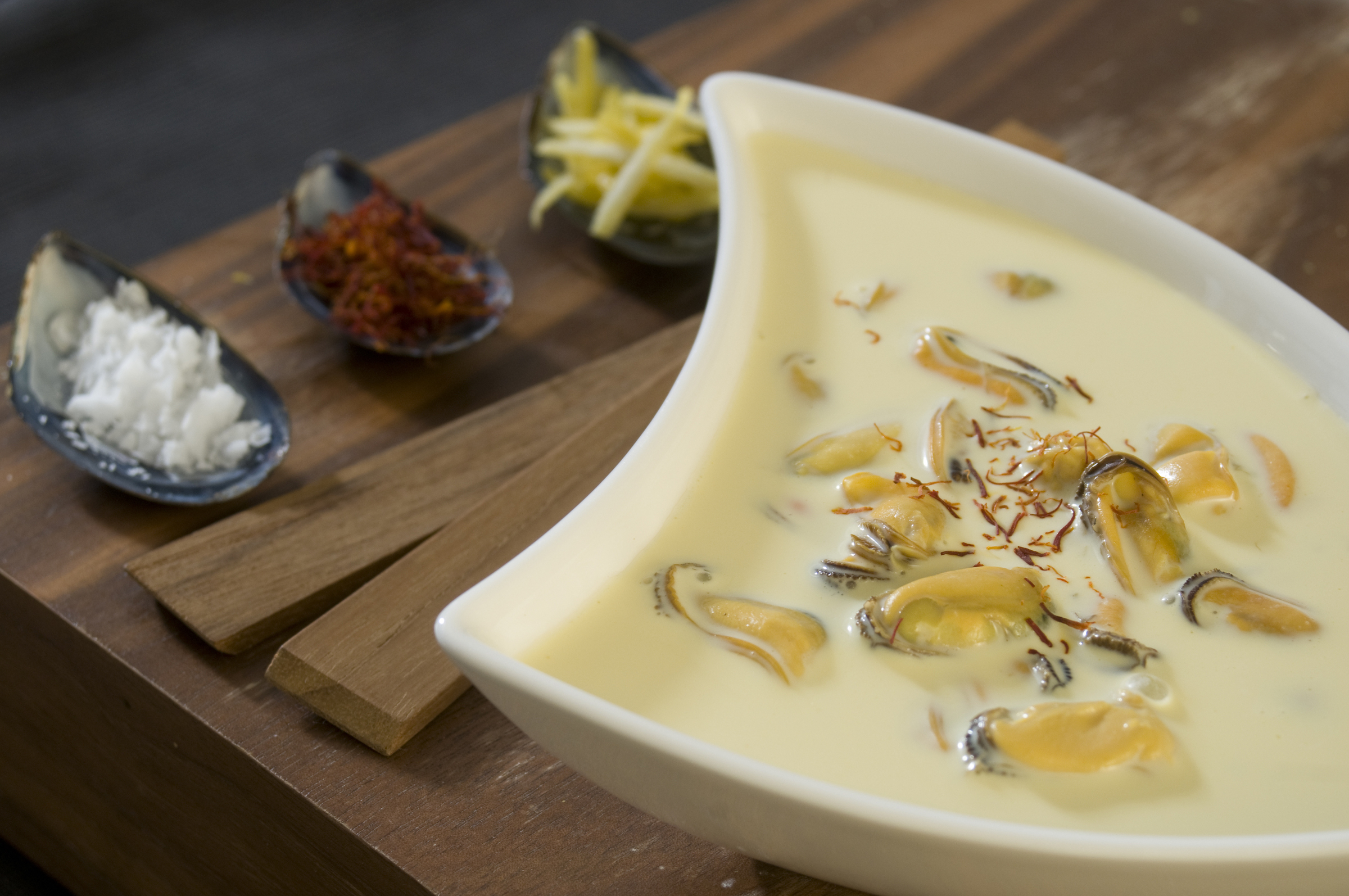Is Saffron the New Wonder Spice?
/I am currently reading Rosanna Ley's The Saffron Trail (and racing through it!) I have read a number of Rosanna's books and not only are they all brilliantly clever and highly entertaining, but also, she clearly does a great deal of research before putting finger to keyboard and right now I am learning a lot about the incredible, amazing, expensive but oh-so-worth-the-spend-spice, saffron!
Then... what should appear in my inbox but an article from Nutri Advanced about the impressive health benefits of saffron as an effective natural remedy for a range of health concerns - particularly mental health issues - with a range of referenced studies to back up just why this may be the new wonder spice! I urge you to have a look and share the article with others...
it's all about the plant chemical compounds...
"Saffron stigmas contain four major bioactive compounds (crocins, picrocrocin, crocetin and safranal) and many powerful carotenoids, including zeaxanthin, lycopene, beta-carotene and polysaccharides. Collectively, these compounds are responsible for the health-enhancing properties of saffron." Nutri Advanced
Most studies involve saffron extract at a dose of around 30mg per day which equates to around 10-15 strands of dried saffron or around 1 teaspoon of ground saffron which, unless you fancy a pinch of saffron added to your breakfast, lunch, dinner and snacks on a daily basis, could be a bit much so you may wish to consider a supplement on saffron-free days!
But, as you might expect, I have a couple of soup recipes (Carrot and Saffron Soup and Cream of Mussel Soup with Saffron) plus there's my Aromatic Lamb Casserole which makes a great make-ahead dinner and my rather special Fennel, Orange and Quinoa Salad for a great packed lunch - all of which use this wonderfully-aromatic and health-enhancing spice. NB: get your saffron threads and powder from Halal and middle eastern shops - it's a great deal less expensive than in major supermarkets!
















